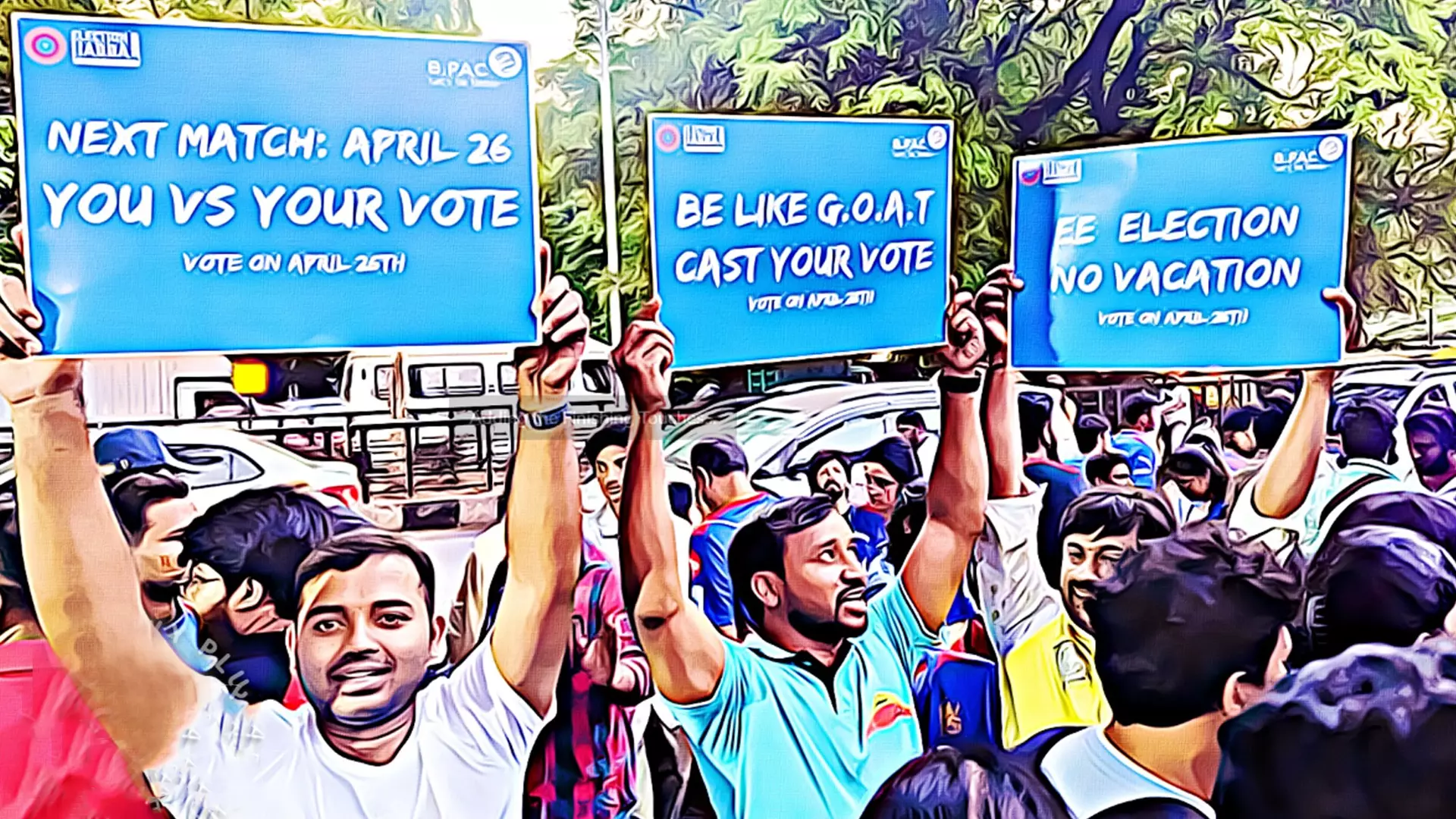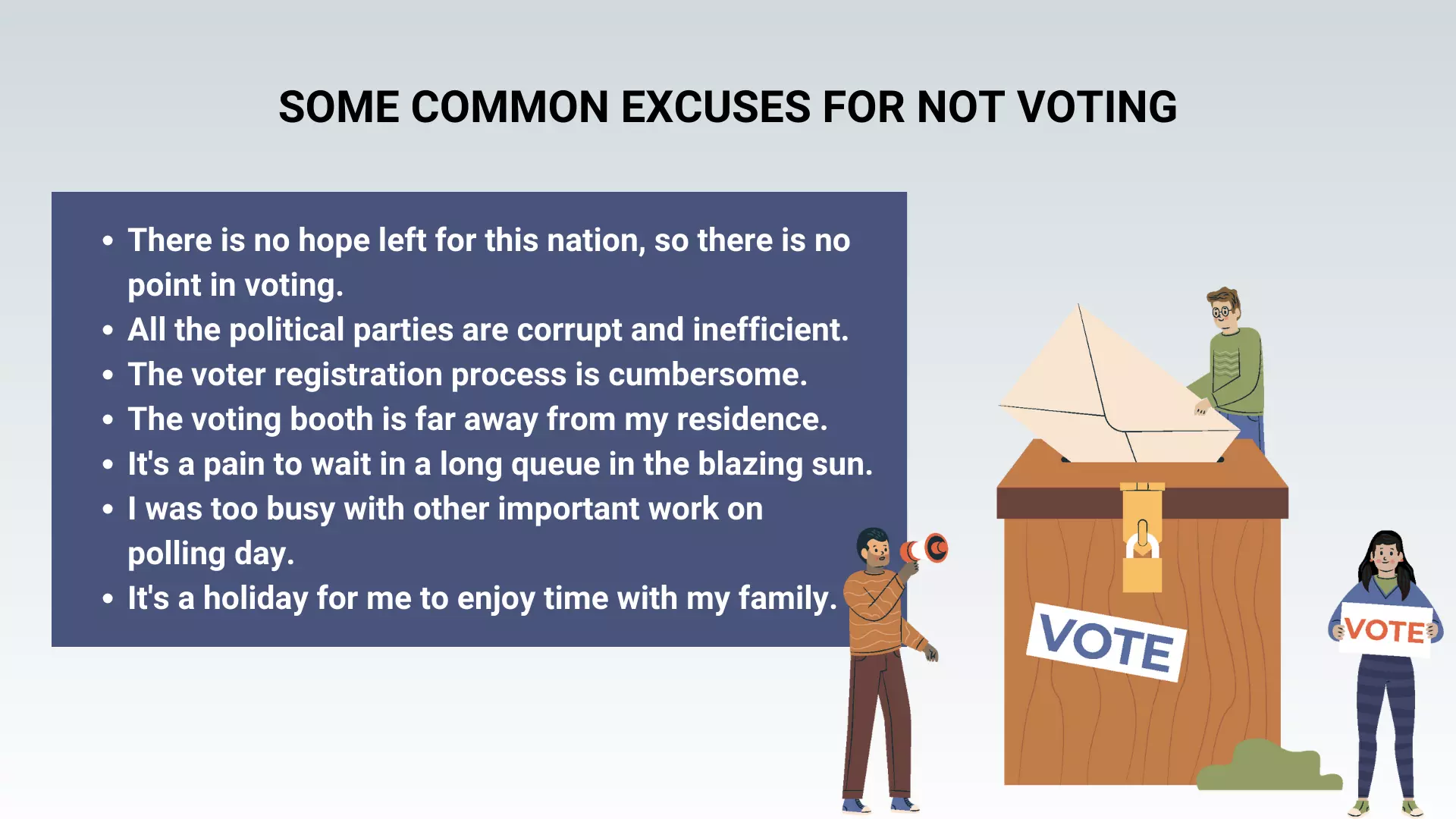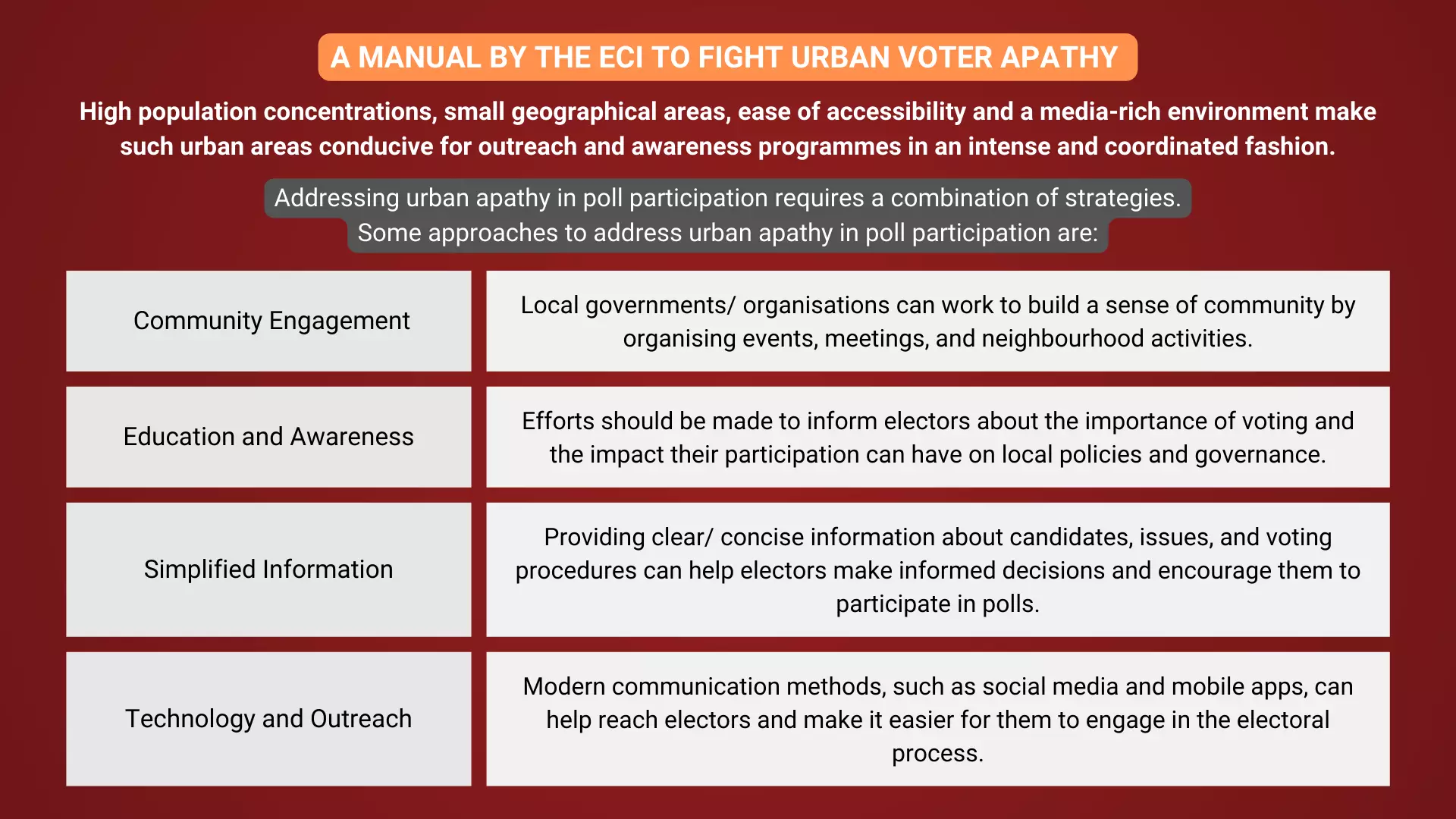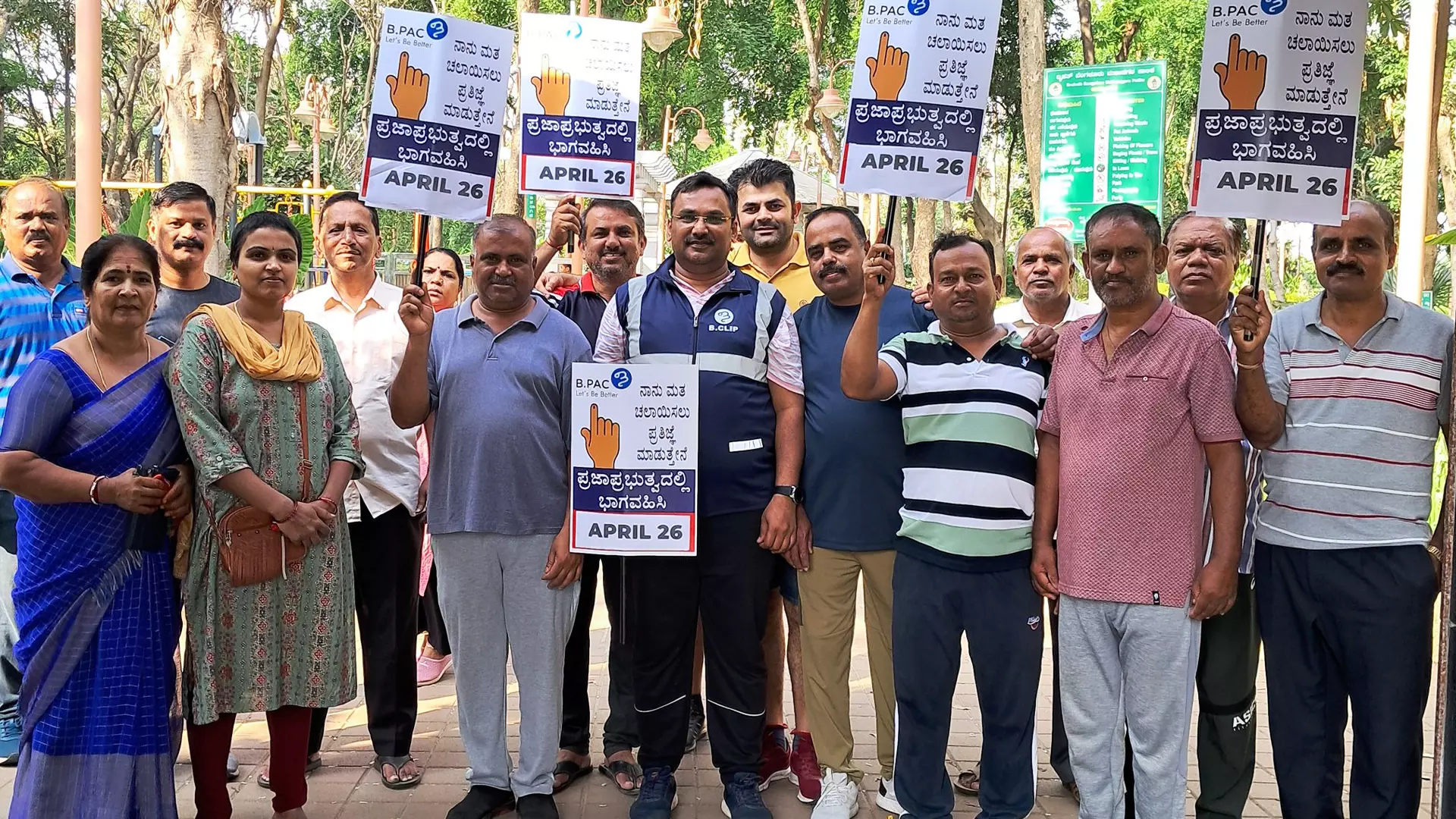
- Home
- India
- World
- Premium
- THE FEDERAL SPECIAL
- Analysis
- States
- Perspective
- Videos
- Sports
- Education
- Entertainment
- Elections
- Features
- Health
- Business
- Series
- In memoriam: Sheikh Mujibur Rahman
- Bishnoi's Men
- NEET TANGLE
- Economy Series
- Earth Day
- Kashmir’s Frozen Turbulence
- India@75
- The legend of Ramjanmabhoomi
- Liberalisation@30
- How to tame a dragon
- Celebrating biodiversity
- Farm Matters
- 50 days of solitude
- Bringing Migrants Home
- Budget 2020
- Jharkhand Votes
- The Federal Investigates
- The Federal Impact
- Vanishing Sand
- Gandhi @ 150
- Andhra Today
- Field report
- Operation Gulmarg
- Pandemic @1 Mn in India
- The Federal Year-End
- The Zero Year
- Science
- Brand studio
- Newsletter
- Elections 2024
- Events
- Home
- IndiaIndia
- World
- Analysis
- StatesStates
- PerspectivePerspective
- VideosVideos
- Sports
- Education
- Entertainment
- ElectionsElections
- Features
- Health
- BusinessBusiness
- Premium
- Loading...
Premium - Events

Fifty-year-old Sunil Bora, a management consultant from Assam's Guwahati, admitted without hesitation that he had never voted. He summarised his reason in a sentence. "All political parties are corrupt and inefficient." Bora's observation is not without any basis but his political position in a democracy points towards voter apathy, say election observers.Bora is not alone in holding the...
Fifty-year-old Sunil Bora, a management consultant from Assam's Guwahati, admitted without hesitation that he had never voted. He summarised his reason in a sentence. "All political parties are corrupt and inefficient." Bora's observation is not without any basis but his political position in a democracy points towards voter apathy, say election observers.
Bora is not alone in holding the opinion. Almost 29.7 crore electors (out of 91.2 crore), abstained from participating in General Election to Lok Sabha - 2019.
Hundreds across the country who don't vote during elections share similar viewpoints. The lack of interest in participating in elections by certain groups of voters has become a concern ahead of the 18th Lok Sabha elections to begin on April 19 across the country.

The nationwide elections for 543 Lok Sabha — the lower house of Indian Parliament — seats to elect a new government will be held in seven phases — April 19, April 26, May 7, May 13, May 20, May 25 and June 1. The results will be declared on June 4, as stated by the Election Commission of India or ECI on March 16. Assembly elections will be held simultaneously in Andhra Pradesh, Odisha, Sikkim, and Arunachal Pradesh.
What is voter apathy?
Talking about voter apathy, Trilochan Sastry, chairperson and founder member of the Association for Democratic Reforms or ADR said, “It’s a worldwide phenomenon and not restricted to India.” The ADR is a national election watch body founded in 1999 to improve governance and strengthen Indian democracy by working on electoral and political reforms.

According to the ECI, voter apathy refers to a lack of interest, enthusiasm, or participation among eligible voters in the electoral process. It is reflected in various forms, including low voter turnout during election processes, disengagement from political discourse, and indifference towards civic responsibilities.
Voter apathy is usually the result of alienation — where voters feel the political system does not work for them — and voter fatigue due to elections being held frequently.

“It could be that some people don't feel it is important to vote. They think elections don't impact their lives. For them, it does not matter who comes to power and runs the government," added Sastry.
Impact on democracy
In India, an individual can vote in an election after turning 18. However, voting is a choice and not mandatory in the country. The main side effect of voter apathy is low voter turnout. While it is difficult to pinpoint how elections are impacted by low voter turnout, political analysts say to make India a truly participatory democracy, people should vote in large numbers.
"In India, no one can force a person to vote. However, voluntarily surrendering the right to exercise franchise does not augur well for democracy. Every vote counts. The credibility of democracy lies in its people, the voters. If people stopped voting in big numbers, the elections would become meaningless," said Nagasimha Rao, an activist from Karnataka's capital Bengaluru.
Rao, these days, is encouraging first-time voters to vote.
"Thus it is important for all of us to vote. It is our duty and responsibility. We should stop making excuses for not voting," added Raghavendra HS, program lead of the Bangalore Political Action Committee or B.PAC. The citizen’s collective works on urban governance and infrastructure in Bengaluru and has been conducting voter registration campaigns since it was founded in 2013. This time, B.PAC's slogan for voters is "This election no vacation."
Karnataka with 28 seats will vote in two phases--14 each-- on April 26 and May 7. "April 26 is a Friday, one of the voting days. It will be followed by Saturday and Sunday. Many people might leave urban centres to enjoy vacations or meet their families in their hometowns during the long weekend instead of voting. This has been a trend, in the past, when voting dates coincide with long weekends," said Raghavendra.
A 'headache' for the ECI?
To address the issue, weeks before the Lok Sabha polls, on Friday (April 5) the ECI hosted a conference in New Delhi on "low voter turnout." The ECI has identified 266 parliamentary constituencies — 215 rural and 51 urban — with low voter turnout. Eleven states and Union territories — Bihar, Uttar Pradesh, Delhi, Maharashtra, Uttarakhand, Telangana, Gujarat, Punjab, Rajasthan, Jammu and Kashmir and Jharkhand — had a voter turnout lower than the national average of 67.40 per cent in the 2019 Lok Sabha polls.
According to the figures available with the ECI nearly 29.7 crore eligible voters did not vote in the 2019 Lok Sabha elections "underscoring the scale of the problem which calls for proactive measures".
At the gathering, Chief Election Commissioner Rajiv Kumar stressed that the "one size fits all" approach would not work and different strategies had to be worked out for different areas and segments.

The CEC emphasised a three-pronged strategy of providing facilitation at polling stations, such as queue management, sheltered parking in congested areas; targeted outreach and communication; and involvement of critical stakeholders including Resident Welfare Associations, local icons and youth influencers to persuade people to come to polling stations on voting day.
Why is the urban population indifferent?
In the last Lok Sabha elections, out of the 50 seats with the lowest voter turnout, 17 were in metropolitans or major cities.
The CEC said recent elections across various states have highlighted trends of urban apathy towards the electoral process, warranting targeted interventions and collaborative endeavours.
Raghavendra observed that a large portion of city dwellers are migrants. "They usually don't identify with local issues. Their sympathy lies with their native towns and villages. Many of them go and vote in their hometowns during the polls," he added.
The B.PAC member raised the issue of "ghost voters" in the electoral roll in Bengaluru. "There are a lot of ghost voters—people registered as voters in both their native places and the city where they work. It is around 15 percent. They usually go and vote in their hometowns thus affecting the voter turnout in Bengaluru."
In the 2019 Lok Sabha polls, Karnataka witnessed a 71 per cent voter turnout and Bengaluru with three parliamentary constituencies--Bengaluru Central, Bengaluru North and Bengaluru South-- registered a 55 per cent voter turnout.
Some other factors responsible for urban apathy in poll participation are busy lifestyle, the anonymous nature of urban life and perceived inefficacy that their votes won't make a significant difference, as per the ECI. Job relocations and transient lifestyles which can lead to a sense of impermanence and reduced investment in local politics are among many reasons for lower voter turnout in urban areas.
Solutions to the problems
The CEC stated that urban-specific hurdles to increased voter turnout were identified and targeted city-specific interventions were planned. The officers were encouraged to develop tailored, region-specific outreach programmes that resonate with the needs and demographics of their constituencies.
Kumar told officials to prepare a booth-wise action plan for enhanced participation and behaviour change.
He asked the officials to prepare different strategies for urban and rural areas and plan interventions accordingly for various target audiences.
During the Delhi conference, discussions were centred on critical issues such as optimising queue management at polling stations and facilitating voting in high-rise buildings.

A voter awareness campaign by B.PAC in Bengaluru on April 7 (Sunday). Photo: B.PAC
Several initiatives like the provision of assured minimum facilitates at polling stations, Pink Booths to promote participation of females, polling stations managed by people with disabilities, extensive use of technology to provide various services to electors at their door-steps, extension of facility of postal ballots to some specific class of electors and use of social media channels to engage with voters have been taken by the ECI to increase the poll participation.
'It's a critical election. So go and vote'
A political analyst from Hyderabad, who does not wish to be named, stated that democracy is at stake in this election. "It's a critical election. So go and vote. India's future depends on who will come to power in 2024. If the Bharatiya Janata Party under Prime Minister Narendra Modi is re-elected for the third time, we might officially become an electoral autocracy. The rights of Muslims, Dalits, women and queer groups which are already under attack will stop to exist in the future," he added.

